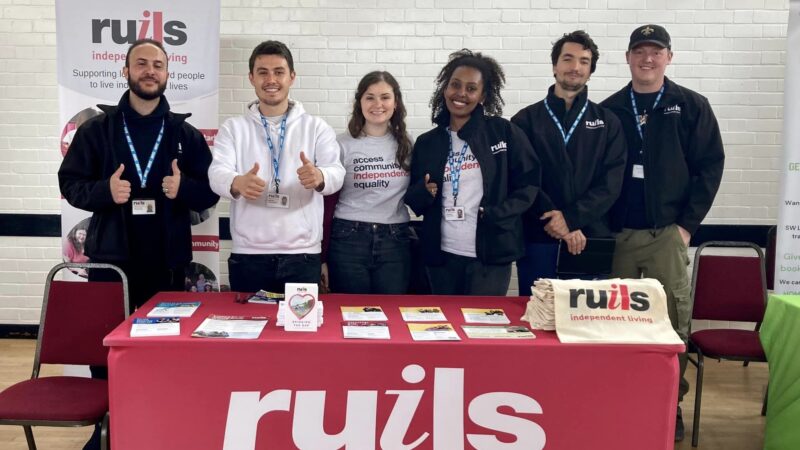The Community Conversations Report focuses on identifying where health inequalities and barriers to accessing health care exist in the borough. Key findings show that encouragingly most people reported their physical health as ‘good’ or ‘excellent’ overall (64%) with the majority (74%) indicating their mental health was also ‘good’ or ‘excellent’. In addition, 84% of those asked reported being up to date with their vaccinations.
However, people reported very low engagement with local urgent treatment centres with only 6% indicating that they would use them in a non-emergency situation. Additionally, only 26% of households indicated they would call 111 if they needed a non-emergency intervention. The majority of people (62%) said that they would go to their GP. In addition, 65% of people said their life had been impacted by the cost of living crisis.
The report is now being shared with partners to inform future engagement with local people. The Ruils team will use the insights to carry out the next steps of their Health in Your Hands and Core 20 work.
Although Richmond is a relatively affluent borough there are still significant areas of deprivation, where people’s socio-economic circumstances impact on both their life expectancy and their healthy life expectancy.”
Cathy Maker, Chief Executive, Ruils
Cathy Maker, Chief Executive at Ruils, said: “The conditions in which we are born, grow, live, work and age can impact our health and wellbeing. For some people these differences will mean they will face unfair and unavoidable impacts on their lives.
“Although Richmond is a relatively affluent borough there are still significant areas of deprivation, where people’s socio-economic circumstances impact on both their life expectancy and their healthy life expectancy.”
Over the last year Ruils has been working in some of these areas, hosting health and wellbeing fairs and attending local community groups. The team has carried out basic health checks and provided information on health and wellbeing activities. The team has also visited residents in their own homes to reach those that may be facing isolation and are choosing to not engage with local services.
Read the report